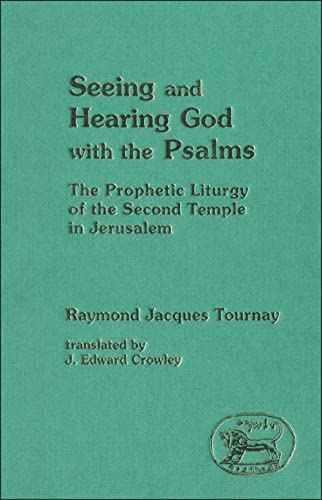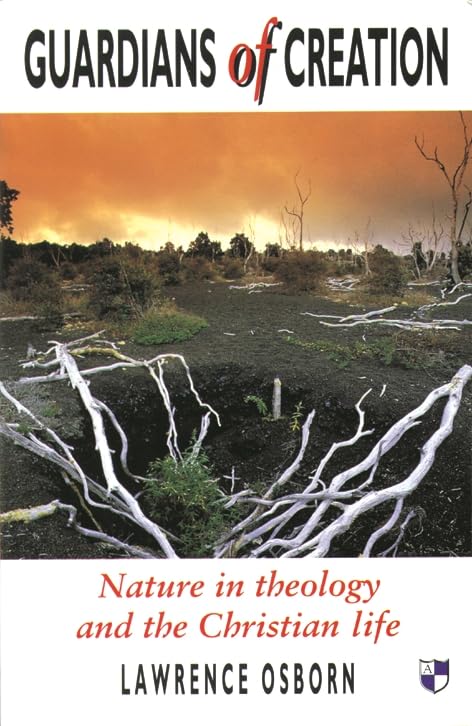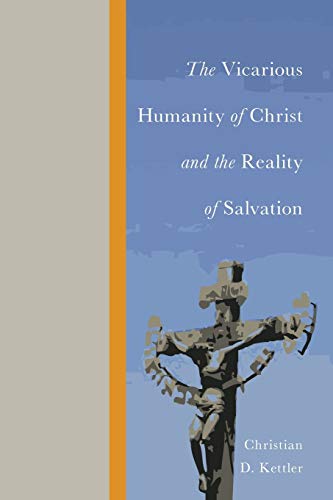Biblical Faith and Natural Theology (The Gifford Lectures for 1991)
Written by James Barr Reviewed By Rob CookEvangelicals usually prepare to duck when a book by James Barr comes our way, but this time the object of attack is not fundamentalism but the unwarranted rejection of natural theology by that distinguished Gifford lecturer of the past, Karl Barth. The book’s thesis is simple: by attempting to extol Scripture through the denigration of natural theology, Barth and his many followers only succeed in demeaning the Bible which both recommends and employs natural theology itself. Barr initially demonstrates this by an analysis of the Areopagus speech of Acts 17 and the argument of Romans 1. Against the charge that this strange non-Hebrew way of thinking is the result of Hellenistic infection, he argues that Paul was clearly influenced rather by the Wisdom of Solomon, and that natural theology finds its roots firmly in the perspective of psalms such as 19, 104 and 119. Qoheleth is seen as a natural theologian and prophets like Amos are found to assume a common ethic of natural law amongst the pagan nations.
While Barr understands why Barth’s antagonism towards natural theology resonated in an age where science and world war seemed to have obliterated all sign of God from the world, he nevertheless feels that Barth was wrong in closely identifying National Socialism with the assumptions of natural theology, since the philosophy of this political party lacked both the necessary rationality and universality, and can be seen to depend rather on a spurious notion of special revelation whereby the Germans considered themselves a chosen race. In fact, Barr sees Barth’s work as exemplifying the same dogmatic, aggressive totalitarianism that he so despised in Nazi propaganda.
For his own part, Barr rejects the distinction between natural and revealed theology. Biblical theology must take note of the discoveries of the history of religions school and realize that Hebrew religious ideas can best be explained with reference to the beliefs of their ancestors and those of surrounding peoples rather than to a distinctive voice from beyond. The parabolic teaching of Jesus is seen to support this conflation since his revelatory insights emerge out of his rumination on natural things.
Although himself no friend of Christian apologetic based on natural theology, Barr contends then that this approach is nevertheless found in Scripture. But he also feels that natural theology must be allowed another role and that is to critique the teachings of Scripture. As his test case he takes the moral problem of the heremwith its divinely sanctioned ritual destruction of conquered populations and notes the irony of those who argue that a wicked people like the Canaanites who sacrificed innocent children deserved to be sacrificed themselves, including their innocent children! Refusing to submit to Kierkegaard’s principle of the ‘teleological suspension of the ethical’, Barr invokes natural law to insist that we have a profoundly disturbing moral problem here in the pages of the Bible.
So Barr has delivered up yet another provocative volume packed with controversial views, some of which are welcome to philosophers of religion like myself who are engaged in doing natural theology. The crucial issue remains, however: must my theology conform to the contemporary Zeitgeist as did that of the Christian National Socialists, or is there a transcendental Word from beyond, as Barth insisted? In actual fact, Barth was not totally averse to extra-biblical revelation; for example, he wrote, ‘God may speak to us through a flute concerto, through a blossoming shrub or through a dead dog’ (CD 1/1, 60) but the only way to judge whether the putative revelation is veridical, according to Barth, is by checking it against the teaching of Christ and his apostles. Barr’s alternative seems to be to collapse special revelation into general revelation with the obliteration of the former. But as J.N. Oswalt noted in another context, ‘to destroy one bank of any channel is to move from river to swamp’. For the evangelical, biblical teaching remains normative in principle, but Barr has reminded us that in practice, when faced with such problems as the herem, a dialectic is set up between the phenomenon of Scripture and the implications of natural law; God, we sometimes feel, simply cannot mean what the Bible apparently states. If natural theology is not allowed to challenge our view of scriptural authority then, it certainly can effectively challenge our hermeneutic.
If the reader is not a linguist, s/he had better keep a few dictionaries handy since the German, Latin, Hebrew and Greek quotations are sometimes untranslated and the latter two languages are sometimes untransliterated. And who was the distinguished NT scholar who exclaimed, ‘Ich hasse Lukas’ (p. 27)? I wish Barr had not assumed we all know.
Rob Cook
Redcliffe College







